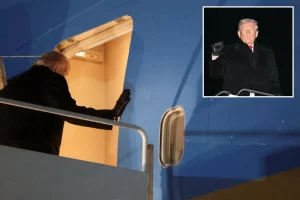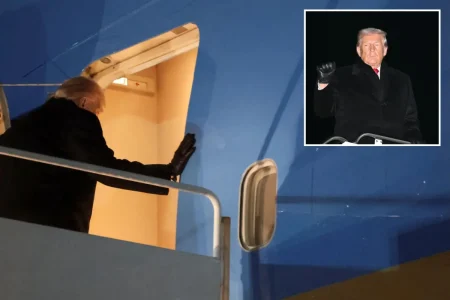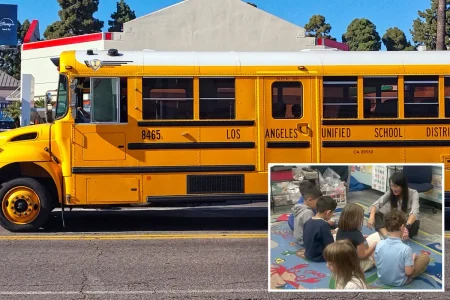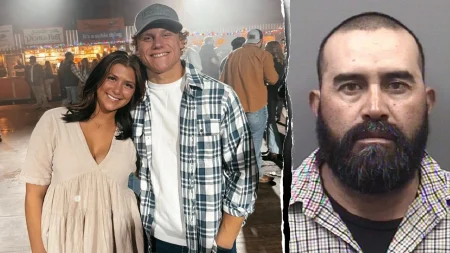Israel’s Orthodox Draft Controversy: A Society Divided
For decades, Israel’s ultra-Orthodox Jewish citizens have lived under a special arrangement that exempted them from mandatory military service. This longstanding accommodation allowed young Haredi men to pursue religious studies instead of joining the Israel Defense Forces (IDF). However, in a significant shift that has sparked nationwide controversy, these exemptions have come to an end, with military draft notices now arriving in ultra-Orthodox communities. The resulting backlash has exposed deep societal divisions within Israel and created a serious political crisis for Prime Minister Benjamin Netanyahu’s government.
The military draft issue strikes at fundamental questions about Israeli identity and citizenship. Since Israel’s founding, military service has been considered a cornerstone of national participation and duty. Most Jewish Israelis serve approximately two to three years, with subsequent reserve obligations extending into their forties. The ultra-Orthodox exemption, originally granted to a small community of religious scholars, expanded dramatically as the Haredi population grew to represent over 13% of Israel’s citizens. Secular Israelis have increasingly viewed this arrangement as unfair, questioning why they must risk their lives while others remain exempt based solely on religious affiliation. The Supreme Court’s recent ruling against continued blanket exemptions has forced the government’s hand, despite strong Haredi political resistance.
The ultra-Orthodox community’s opposition to military service stems from complex religious and cultural concerns. Many Haredi leaders fear that exposure to secular military culture will undermine their community’s religious values and way of life. They view full-time Torah study as not merely an educational pursuit but their sacred contribution to Israel’s spiritual protection. When draft notices began arriving in ultra-Orthodox neighborhoods, the response was immediate and fierce – mass protests filled the streets of Jerusalem and other cities, with demonstrators clashing with police, burning dumpsters, and blocking roads. Young men who received draft notices were instructed by their rabbis to ignore them, creating a direct challenge to state authority. This civil disobedience has placed enormous pressure on Netanyahu’s coalition government, which depends on ultra-Orthodox political parties for its parliamentary majority.
The current crisis highlights deeper tensions in Israeli society regarding the place of religion in public life. Secular Israelis, who have long resented what they see as preferential treatment for the ultra-Orthodox in matters beyond military service, view the draft as a matter of basic fairness and shared national responsibility. They point to the practical burdens of military service – interrupted education, delayed career entry, and physical danger – that they bear while others are exempted. Meanwhile, the ultra-Orthodox community sees the draft requirement as an existential threat to their religious identity and way of life. Their leaders frame the issue not as avoiding civic duty but as protecting religious freedom against secular coercion. This fundamental disconnect in worldviews makes compromise extraordinarily difficult to achieve.
The political implications of this controversy extend far beyond the immediate question of military service. Netanyahu’s governing coalition relies on ultra-Orthodox parties whose constituents are now openly defying government authority on this issue. If these parties withdraw support over the draft implementation, the government could collapse. Yet backing down would anger secular voters and potentially violate court rulings. The timing is particularly challenging given Israel’s ongoing war in Gaza and confrontation with Hezbollah, situations that have increased the military’s personnel needs while highlighting questions about shared sacrifice. Defense Minister Yoav Gallant has emphasized that the IDF needs more soldiers, placing practical security considerations alongside philosophical debates about religious accommodation.
As Israel navigates this complex situation, the draft controversy reveals fundamental questions about the country’s future. Can a democratic state maintain different citizenship obligations for different communities? How should religious freedom be balanced against civic responsibilities? The answers will shape not just military policy but Israel’s identity as both a Jewish and democratic state. Some moderate voices have proposed compromise solutions, such as alternative national service options or gradual integration programs designed to respect religious sensitivities. However, with positions hardening on both sides, finding a path forward that preserves both national unity and religious freedom remains elusive. Whatever the outcome, the draft controversy has exposed deep fissures in Israeli society that will continue to challenge the nation’s leaders and citizens long after this immediate crisis is resolved.










